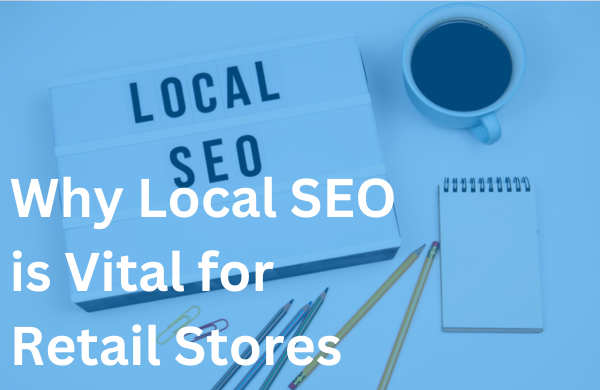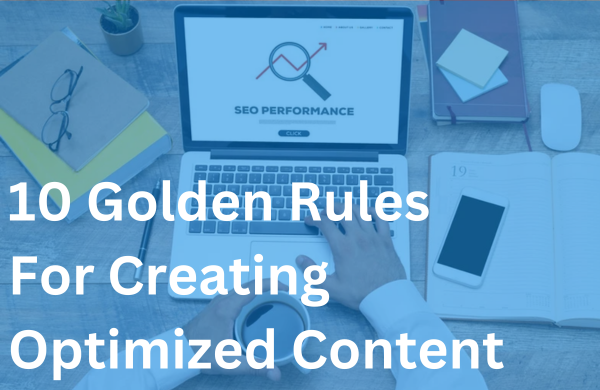Your website is one of your most important business assets – it often serves as the first touchpoint between your company and prospective clients, so it has to look impressive!
However, your website won’t be successful without a reliable website platform. The platform you choose plays a huge role in your website’s appearance and functionality. You must choose one that offers the proper customization and design capabilities. Support, security, SEO features, and price are other important considerations. So let’s dig in!
Understanding Your Business’ Needs
The first step in choosing a website platform for small business involves assessing your company goals and needs. You must consider:
- Purpose: What is your website’s primary function? Are you using it to sell products and services? Is it informational? Will it serve as an online portfolio? Choose a provider that offers features that support your website’s purpose.
- Scalability: Where do you see your business in the coming months or years? Do you plan to add more products, services, or other additions that will cause you to expand your website? Your provider should offer a service that scales to your needs.
Ease of Use
Ease of use should be considered on the developer and user side. If you plan to develop your website without the help of an IT team and don’t have many technical skills, choose a website that’s intuitive and easy to use. Ensure there are tutorials to learn the necessary skills you may not have.
The end product should also be convenient for consumers to use. The site should be easy to navigate and function well for scrolling and purchasing purposes.
Customization and Flexibility
No business wants its website to look like its competitors. A customizable website platform will ensure standout results. It will offer extensive features, functionality, and scalability that grow with your business.
Many experts recommend a Content Management System (CMS) over an ordinary website builder because it offers advanced design flexibility. It also scales so you can adapt to new technologies and changes in customer behavior. Other features include SEO, analytics tracking, and other crucial aspects of your online presence.
You must also consider whether to choose an open-source or proprietary platform. Open source systems are developed by a community that can access and change the code. Proprietary systems are owned by a single provider who controls the technology.
In terms of customization, open-source platforms offer more options but require more expertise. Proprietary systems don’t have as many options and are more expensive, but they are easier to use.
Cost and Budget
Evaluating the cost of a website platform is rarely straightforward, considering various cost structures. You must consider all fees involved to determine the most efficient choice for your company. Here are some to be aware of.
- Subscription Fees: Most website platforms charge a subscription fee. This is the most basic fee to consider when signing up for services, but other fees may offset it.
- Transaction Fees: Platforms that are geared towards e-commerce may charge transaction fees for the sales that take place on your website. These add to the cost but may be cheaper and easier than integrating with additional payment processing platforms.
- Website Hosting: When building your website, you should consider various types and aspects of domain and web hosting. Some platforms include web hosting and domain hosting in a package deal that makes the services more affordable. You may also consider shared hosting, VPS hosting, dedicated server hosting, and cloud hosting, which offer varied pricing options and features.
Businesses must consider all costs and determine which platform offers the most reasonable prices and best long-term value.
Several free platforms seem attractive to new businesses. However, most also offer premium services, which become more necessary as a business scales. Nevertheless, a free trial is a good way to test a website and determine if it’s right for you.
SEO and Marketing Tools
You don’t have to be a supertechnical web designer to understand the importance of SEO. SEO helps improve your online visibility, so you attract more visitors.
Some website platforms offer built-in SEO features that make it easy to increase your online presence. They will rate every page of your website and make SEO improvement suggestions. You can use these suggestions to ensure your website gets noticed by search engine algorithms.
These platforms also help you improve your online presence with additional marketing tools and integrations. For example, they may allow you to embed social media feeds and offer automatic sharing functions. They may also provide email marketing tools that connect you with consumers who enter their information in your online forms.
Evaluate which platforms provide the best SEO tools for your business. It is worth paying more for these services.
Support and Resources
Customer support and resources are valuable, especially for individuals without a strong technical background. A malfunctioning website can be extremely frustrating. When issues occur, you want answers, and you want them fast.
Choose a website platform that offers multiple support options like emails, texts, and phone communication. Many platforms also provide resources such as tutorials, forums, and documentation. This type of community support can be valuable after hours.
Security and Reliability
The internet has become a busy place over the years. While it offers several benefits, it also increases the risk of compromised information. You need to work with a secure website platform.
One thing to consider is an SSL certificate. It allows you to conduct online business via a more secure HTTPS browser rather than the traditional HTTP. The platform should also provide updates that adhere to the latest security measures. It should offer patches that fix vulnerabilities. It may provide additional features that keep your website safe.
Reliability is another crucial factor. Choose a website builder that offers optimal uptime and prevents crashes that can lead to a loss of money and productivity. Look at customer and expert reviews to determine the platform’s dependableness.
Ready to Pick a Website Provider?
When choosing the right website platform, you must consider various factors. Some important factors are cost, customization, reliability, security, support, SEO and marketing tools, ease of use, and flexibility. Research carefully to learn what customers and experts have to say.
Some platforms may have rave reviews but may not be the best fit for your business. You must consider your business needs to determine which is best suited to your company. Various factors will come into play, but you must take your time to make an informed decision that supports long-term success.
Once you have chosen your website platform, Brillity Digital can help you get it up and running. We will assist with design and development, content integration, launching and testing, and ongoing maintenance. We will ensure your website attracts traffic and boosts conversions.
Contact us when you’re ready to get your website off the ground!




